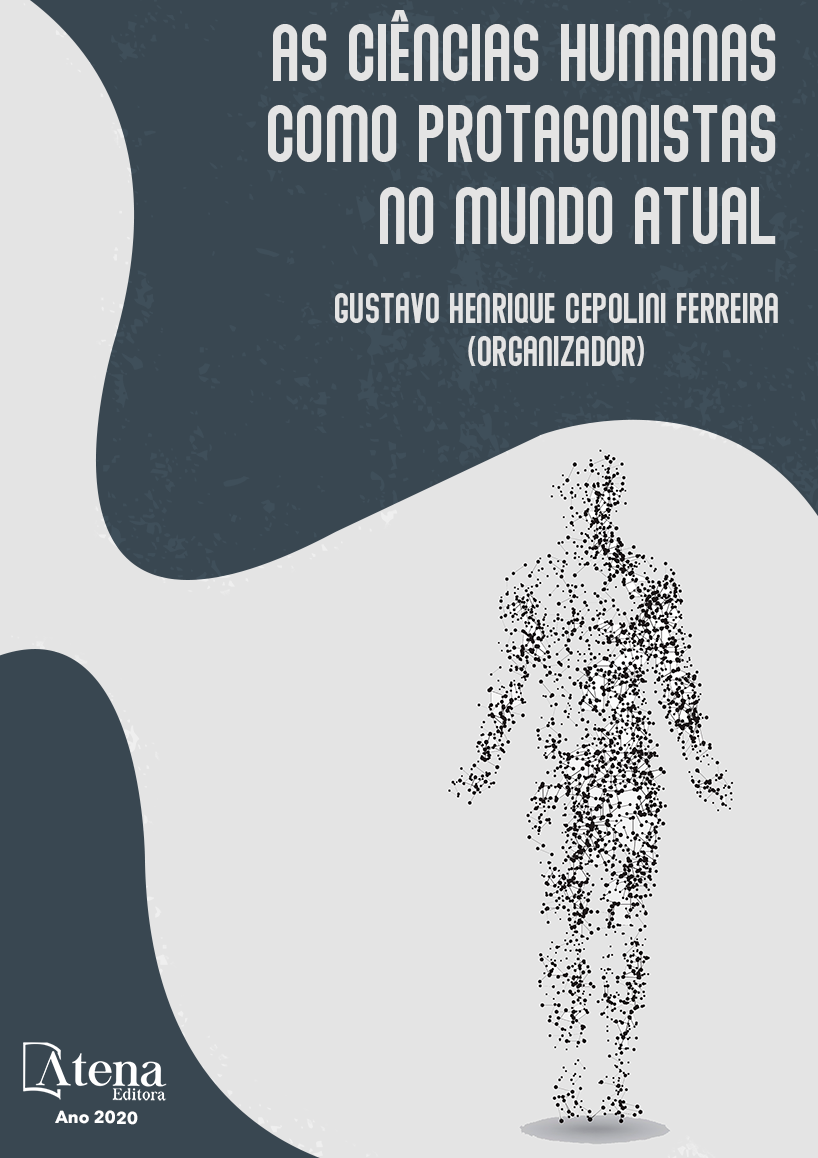
ROTAS DE UM BARCO À DERIVA: CONTRIBUIÇÕES METODOLÓGICAS À PESQUISA (AUTO) BIOGRÁFICA
O Grupo de Pesquisa Família, (Auto)Biografia e Poética do Programa de Família na Sociedade Contemporânea da Universidade Católica do Salvador tem, ao longo do tempo, produzido investigações utilizando, como método de estudo, a abordagem autobiográfica. Esta prática tem proporcionado uma experiência de retorno às origens, enquanto indivíduos sociais, e o transbordamento da subjetividade como elemento constituinte e constituído que, a partir do passado e do presente, vislumbra o futuro. Após longo tempo de pesquisa no contexto da família em diferentes temáticas, surgiu o desejo de refletir sobre o momento em que cada um sentiu-se pertencente à família. Dessas narrativas, a casa da infância destacou-se como um lugar de relações, no qual se inscrevem alegrias, sofrimentos, tensões e conflitos e, consequentemente, como um objeto de pesquisa. Para escrever sobre modos de morar e compartilhar e as relações de pertencimento foi preciso fazer um caminho, estabelecer um método de investigação. É nesse espaço de proposição que emerge o método à deriva, assim nomeado em razão de os pesquisadores embarcarem na ‘canoa’ do experimento, sem amarras, vivenciando os encontros e desencontros com as margens, tendo como instrumento norteador, a imaginação. Este capítulo descreve as rotas navegadas para elaboração coletiva deste trabalho, que foi iniciada com a escrita e compartilhamento das narrativas autobiográficas. O encontro da prática com a teoria descortinou a necessidade de atenção para os estudos autoetnográficos, e finalmente, para a autoetnografia colaborativa (CAE), na medida em que as atividades eram desenvolvidas e analisadas pelo grupo de pesquisa. A CAE foca na interlocução do self, mas o faz de forma cooperativa. Assim como a autoetnografia, a CAE é uma abordagem valiosa para a investigação de fenômenos sociais de interesse mútuo e uma contribuição para o estudo de campo qualitativo.
ROTAS DE UM BARCO À DERIVA: CONTRIBUIÇÕES METODOLÓGICAS À PESQUISA (AUTO) BIOGRÁFICA
-
DOI: 10.22533/at.ed.5752022057
-
Palavras-chave: método à deriva; autoetnografia colaborativa; família
-
Keywords: drifting method; collaborative autoethnography; family
-
Abstract:
The Research Group Family, (Auto) Biography and Poetics of the Program on Family Studies in Contemporary Society at the Catholic University of Salvador has, over time, produced investigations using the autobiographical approach as method. This practice has provided the experience of returning to their origin as social individuals and the arousal of subjectivity as a constituent and constituted element that, from the past and the present, envisions the future. After a long period of research about their family on different themes, a desire arose to reflect on the moment when each one felt belonging to their family. From these narratives, the childhood home stood out as a place of relationships, in which joys, sufferings, tensions and conflicts are inscribed and, consequently, as an object of research. In order to write about ways of living and sharing and the relationships of belonging, it became necessary to construct a path so to establish a method of investigation. It was in this space of proposition that the adrift method emerged, so named because the researchers embark on the 'canoe' of the experiment, without strings, experiencing the encounters and mismatches with the margins, having their imagination as the guiding instrument. This chapter describes the routes navigated to attain the collective elaboration of this paper, which started with the writing and sharing of autobiographical narratives. As the activities were developed and analyzed by the research group, the encounter of practice and theory revealed the need for attention to autoetnographic studies and then to collaborative autoetnography (CAE). CAE focuses on the interlocution of the self, but it does so cooperatively. Like autoetnography, CAE is a valuable approach to the investigation of social phenomena of mutual interest and a contribution to qualitative field study
-
Número de páginas: 13
- Elaine Pedreira Rabinovich
- Cinthia Barreto Santos Souza
- Maria Angélica Vitoriano da Silva
- Rita da Cruz Amorim
- Sumaia Midlej Pimentel Sá
- Eliana Sales Brito


